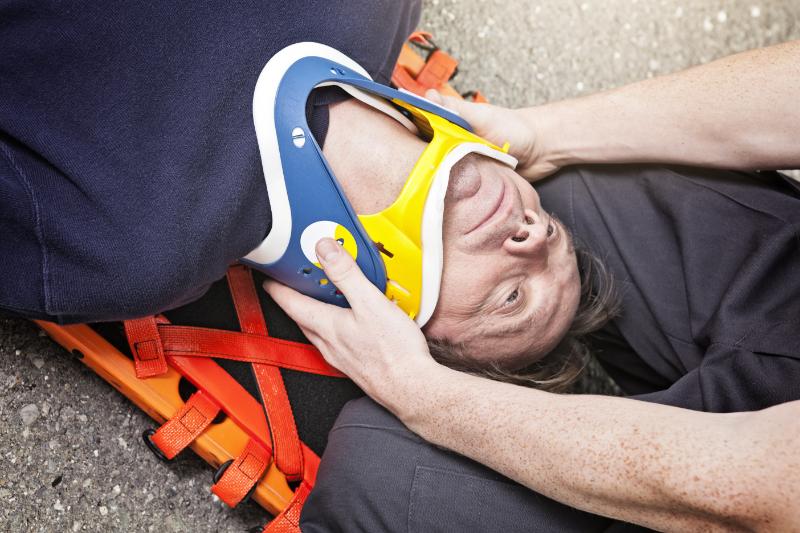The brain is an incredibly complex organ responsible for coordinating various bodily functions and facilitating cognitive processes. Its functioning involves intricate interactions between neurons, neurotransmitters, and different regions.
Traumatic brain injuries typically begin with a forceful impact or sudden acceleration/deceleration of the head. This force can be a result of accidents, falls, sports-related collisions, or other incidents that may have caused the head to strike an object or experience rapid movement changes.
The initial impact leads to what is known as the primary injury. Common primary injuries that affect the brain in different ways include:
- Concussions
- Contusions
- Diffuse Axonal Injuries (DAI)
The primary injury often triggers a second set of processes that worsen the damage. This may be identified as a secondary injury. Inflammation, increased pressure within the skull (intracranial pressure), and chemical imbalances contribute to secondary injury.
Other changes that may result from TBI can include:
- Cellular and Molecular Changes: Cellular damage occurs at the molecular level due to the release of neurotransmitters and inflammatory mediators.
- Neurological Dysfunction: As a cumulative impact of primary and secondary injuries results, cognitive, motor, and sensory functions may be impacted.


